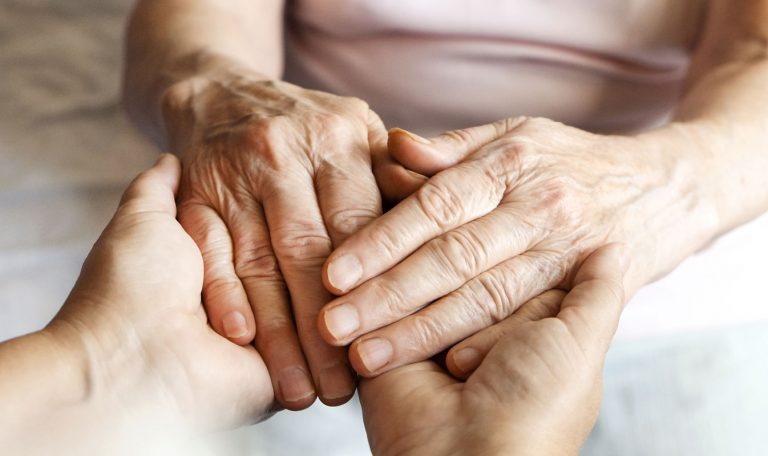OUR PROJECTS
A Study on the Demographics of Older Adults in Hong Kong

Hong Kong with a population of 7.1 million, has undergone major demographic changes. The persistent low fertility rates and rising life expectancy push its population age structure to shift towards the older end of the age spectrum as experienced in many western countries. In 1980, just one in fifteen of the population was above age 65. In 2006, this ratio increased to one in eight. By 2040, over a quarter of the population – 26 per cent – will be age 65 and above [Census et al. (2010)]; more than double the current level of 14 per cent. This rapid increase of aging population in Hong Kong concerns policy makers, health service provides, and researchers with elderly wellbeing and health condition.
Elderly health is influenced by multiple factors at both individual and area levels. There is an emerging need for a better understanding of the individual- and area-level determinants (for example, the proportion of single older adults household, home ownership proportion, unemployment rate, married proportion, proportion with Comprehensive Social Security Assistance (CSSA), medium household income, mortality and morbidity level, etc) of health outcomes amongst the elderly in Hong Kong.
This Project aims to provide:
- An update of the socio-demographic profile of older adults (e.g. size, marital status, singleton, dependence ratio etc) in Hong Kong, the past, the present and in the future (1981-2041).
- An analysis of the socio-economic status, health condition and their spatial distribution of older adults in Hong Kong to identify socio-determinants of the health outcome in the community.
- An analysis of poverty, mental illness and other morbidity and mortality pattern and its spatial distribution of older adults in Hong Kong such that clusters, hotspots can be identified to facilitate services planning in the community.